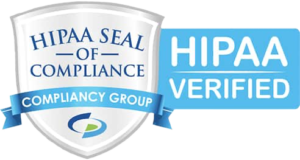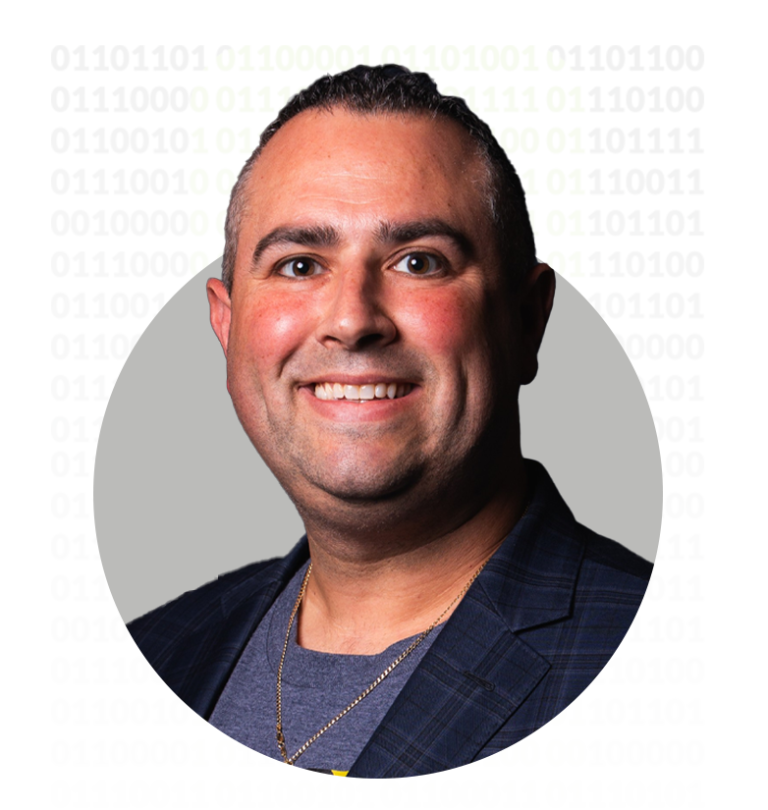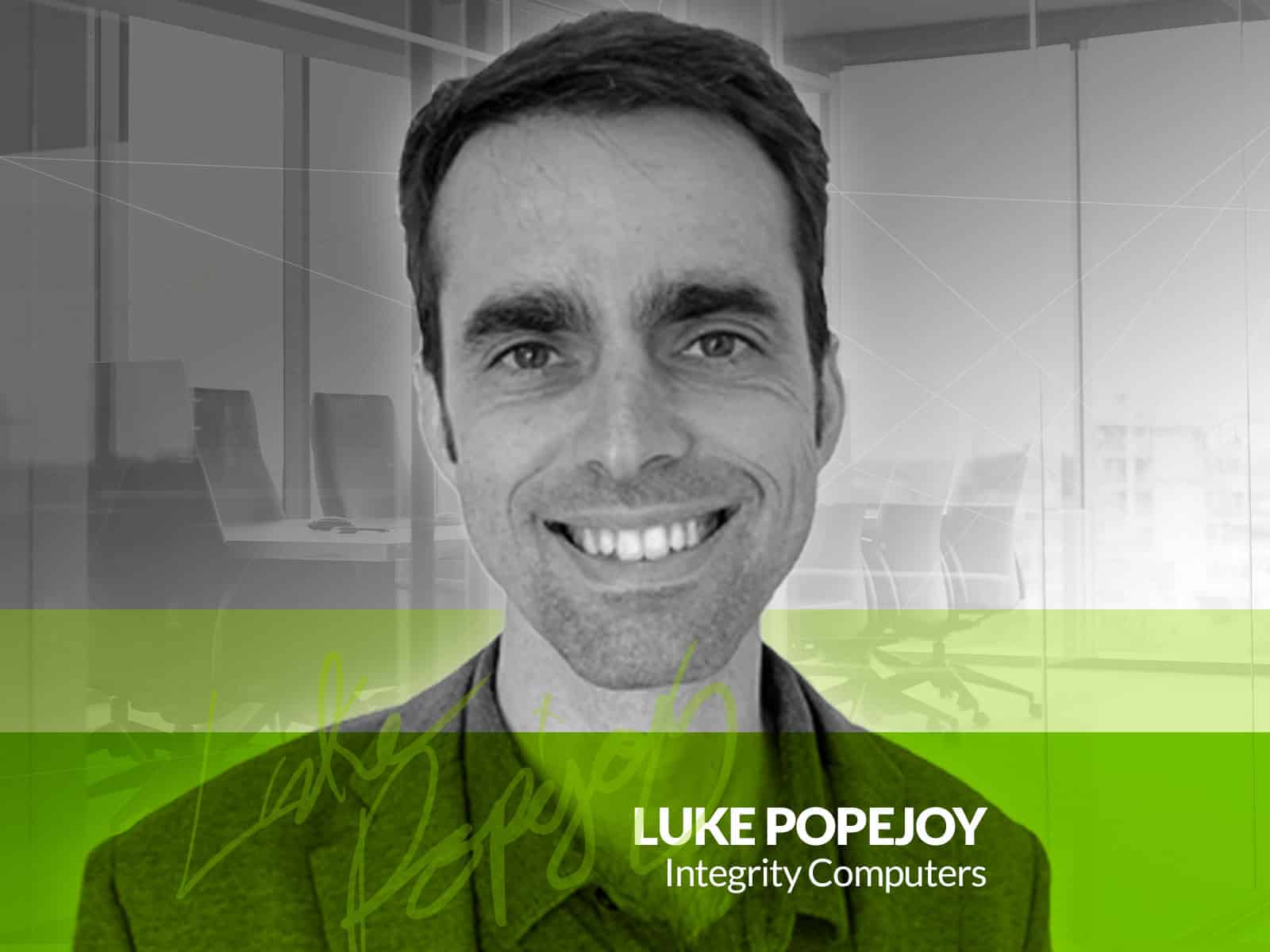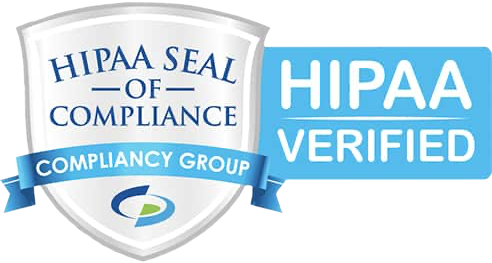Lifetime technologist, IT entrepreneur, and Mailprotector Partner Advisory Board member
Unlike many “accidentally IT entrepreneurs,” Luke Popejoy has been chasing down his dream to run a technology business since he was a kid. The impassioned President of Statesville, NC-based Integrity Computers, Inc. enjoys coming to work each day and positively impacting other peoples’ lives and businesses.
I recently had the opportunity to talk with Luke about the challenges of building and managing a successful MSP business, and here are some of the highlights of our conversation:
Mailprotector: Who is Luke Popejoy? Please describe yourself.
Luke Popejoy: I have a ton of curiosity and ask many questions. My intent is to inquire most kindly and respectfully, but I admit that can come across as a little too intense. I’m a very curious person. My friends and family would give me the stuff to tear apart when I was a kid, and I never put it back together. I never fixed it. I was just curious. Once, I took apart my dad’s massive copier, and that was a ton of fun.
Mailprotector: So, we should be thankful you didn’t attend medical school?
Luke Popejoy: Yes, it took me many years to master the reassembly part. One year for Christmas, my grandmother gave me business cards that said, “Luke’s Electronics.” I was probably seven with my own little shop, and that was my dream; to just build and take things apart and mess around. Again, I didn’t do a lot to fixing.
Mailprotector: What was your first paying job?
Luke Popejoy: An insurance agent. The firm didn’t have a network and had ancient computers, and everyone was older without a clue about technology. Everything was paper. So, I created a network using Windows 98 and tied those computers together and thought it was the coolest thing. The system used dial-up connections and a proxy server, and it was amazing, though they just thought I was crazy. They may not have appreciated it, but it was a ton of fun, and that’s when my interest in electronics transitioned to a greater love for business and computers.
Mailprotector: Where did the business piece come into play?
Luke Popejoy: My dad ran a manufacturing company. And they used software that didn’t do many of the things they needed it to do at that time. Of course, I thought I could make it work and ended up rewriting some pieces and implementing workflow tracking. I was 18 and cocky, so I started working on other things, including building their network. Fast forward a bit, and I decided to move to North Carolina.
Mailprotector: Why make a change at that time?
Luke Popejoy: Some of my friends lived there, so I moved and started looking for a job. I never finished high school, so no diploma or college degree, and nobody would hire me. I don’t blame them. My resume was not very good since it appeared like I had ten different jobs and no experience doing anything (on paper). So I called around and came across the owner of Integrity Computers. When I told him I was looking for a job, he offered to sell me his company. And, as a cocky 19-year-old knowing all there is to know, I said, “all right, I can do that.” He sold me his company for $500. All I really bought was a name in the Yellow Pages ad and sat around waiting for the phone to ring. I started repairing anything that I was able to fix.
Mailprotector: Did you acquire any formal technology training?
Luke Popejoy: One hundred percent self-taught. Later on, I got the standard industry certifications, including Microsoft, and at one point, the company was an Apple-authorized service provider. So we shifted and grew, and there are now 12 of us working at Integrity Computers. My original career path was accounting, and I actually enrolled at the University of Wisconsin, and that would have been the biggest mistake of my life.
Mailprotector: What was your business like in the early days?
Luke Popejoy: I worked out of my bedroom, and my desk was literally right beside my bed. So, I went to people’s houses, picked up their machines, and just made repairs for the first couple of years. After I got married and the first of our kids were born, my wife kicked the business out of the bedroom.
Mailprotector: How does that business differ from today’s version?
Luke Popejoy: After renting for many years, we bought a building in 2020 and now have more than one hundred clients relying on our managed services, which equals about 1,900 end-users. We completely exited the consumer electronics repair space several years ago and transitioned from break-fix last year. Our goal is to go narrower and deeper. The 30,000-foot view, where we parachuted in and fixed their machines when they broke, and never hearing from them for months or years, was not working. It wasn’t allowing us to scale the company. We also didn’t feel it was serving our clients well.

Mailprotector: What is your target market?
Luke Popejoy: We’re located an hour north of Charlotte and try to limit our clients to companies within 30 minutes of our office. Even though, in today’s world, remote work makes that a little challenging. Trying to limit the range allows our team to be incredibly responsive. If somebody has a crisis, we can get somebody on-site really fast, and that’s been really beneficial to our growth. Limiting our scope allows us to do a better job. We require every client to sign services agreements and use our standard stack. Email protection from Mailprotector is one of those requirements.
Mailprotector: Do you get any pushback on those requirements from your clients?
Luke Popejoy: Occasionally, and we have a little more flexibility in some areas than others. However, I think the biggest drain on profitability and productivity and something that creates the most stress is having an incredibly diverse product stack for each client. You spend so much time just trying to work with the different manufacturers that it kills profits and your ability to scale.
Mailprotector: What is your approach to cybersecurity?
Luke Popejoy: It is easy to get distracted by cool and sexy new ideas or the latest vendor on the block, but I believe we just need to cover the basics better. Mailbox breaches are the perfect example. All businesses can implement MFA to protect their employees, but they just need to enable these technologies. Not giving users admin rights is another simple rule. You just need to implement the policy. Train your people to have good conversations with end-users on cyber risks and raise the bar inside your own business. As an industry, we have to recognize that companies hire us because they don’t know cybersecurity, and we have to be willing to respond with compassion and empathy. Anyone can fall victim to some of these attacks or phishing campaigns.
Mailprotector: What’s the biggest challenge your firm has faced over the last year?
Luke Popejoy: The movement of data. The risk in organizations has shifted, and I cannot confidently say that our industry has properly pivoted to mitigate all of the new vulnerabilities. In some cases, client data may be left on employees’ home desktops and PCs. How can we ensure that’s not the case? We try to educate our primary contacts and discuss processes and policies around working from home and using their own devices. Are they using encryption? Are they enabling MFA? Call volume was also an issue in the early days of the pandemic. Our incoming calls were three times the norm for weeks. Just people trying to work from home and companies verifying that all users are legitimate − not to mention the personal stress of the whole situation for everyone.
Mailprotector: On the flip side, what was your company’s biggest success over the last year?

Luke Popejoy: One of the things we learned over the last year was being grateful and not taking people or our health for granted. But, as a company, we were able to really focus on the business. We exited some service relationships that were not the right fit. It just wasn’t working well on one side or the other. Our profit margins and sales reflected that poor fit. Before, 20% of our clients provided 80% of the revenue, while the rest were soaking up most of our time. We started changing that last year, which allowed the team to focus and manage our time better. That was a huge win. We are using our PSA more efficiently and have gotten better at logging hours.
Mailprotector: What one personal objective did you accomplish during the pandemic?
Luke Popejoy: I took a thirty-day sabbatical. During that time, no one in the office had to call me, and I never heard from any of our clients. As a business founder, you are always an integral part of the operation. But, you have to know if you can step away, and I was incredibly proud of the team. They even won some new business while I was gone. So, I had a wonderful time with my family on vacation. There was no cell or phone service in some cases, so I really, truly get to unplug. That was a big accomplishment.

















